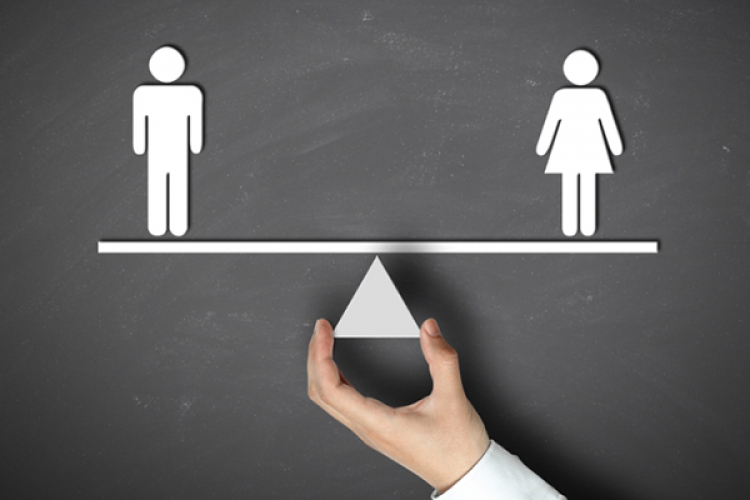
Although women and men are almost equal in the Moldovan justice system, however, women are not equally represented in the positions of chair or deputy chair of the courts. When it comes to promoting women to key positions, they encounter a series of prejudices and stereotypes regarding the role of women in the family and society. These are the conclusions of a report on the gender dimension in the justice sector in the Republic of Moldova, released today by the Center for Legal Resources, IPN reports.
According to the study, this happens despite the growing number of women gaining access to the profession on a par with men. The biggest disparity arises when it comes to the promotion to leadership positions at the Supreme Court of Justice. Here, although an equal number of women and men are applying, the men promotion rate is three times higher.
The study shows that there is still a perception that a judge has to give up an important part of family life in order to fulfil her professional duties, a fact already confirmed by some women judges who have managed to reach management positions. The study also highlights the fact that women judges pay the price of professional success undertaking such tasks as: high volume of work, fulfilling the demands of professional status and expectations regarding the role of women in the family and society.
The authors of the study recommend the amendment of the legal framework to explicitly provide that in competitions for the position of management, in the case of an equal score between a woman and a man, the priority of promoting the woman judge should be considered, as long as there is still a massive gender imbalance. At the same time, it is proposed to reduce the number of files allocated for the parents who return from the child care leave. Likewise, it is recommended that regular refresher courses be offered to women judges returning to the professional activity after the child care leave.
The report was developed by Romanița Iordache and Iustina Ionescu, international experts in the field of non-discrimination and gender equality, with the support of the Center for Legal Resources, within the project "Institutional support for the development of the organization", financed by Sweden.












